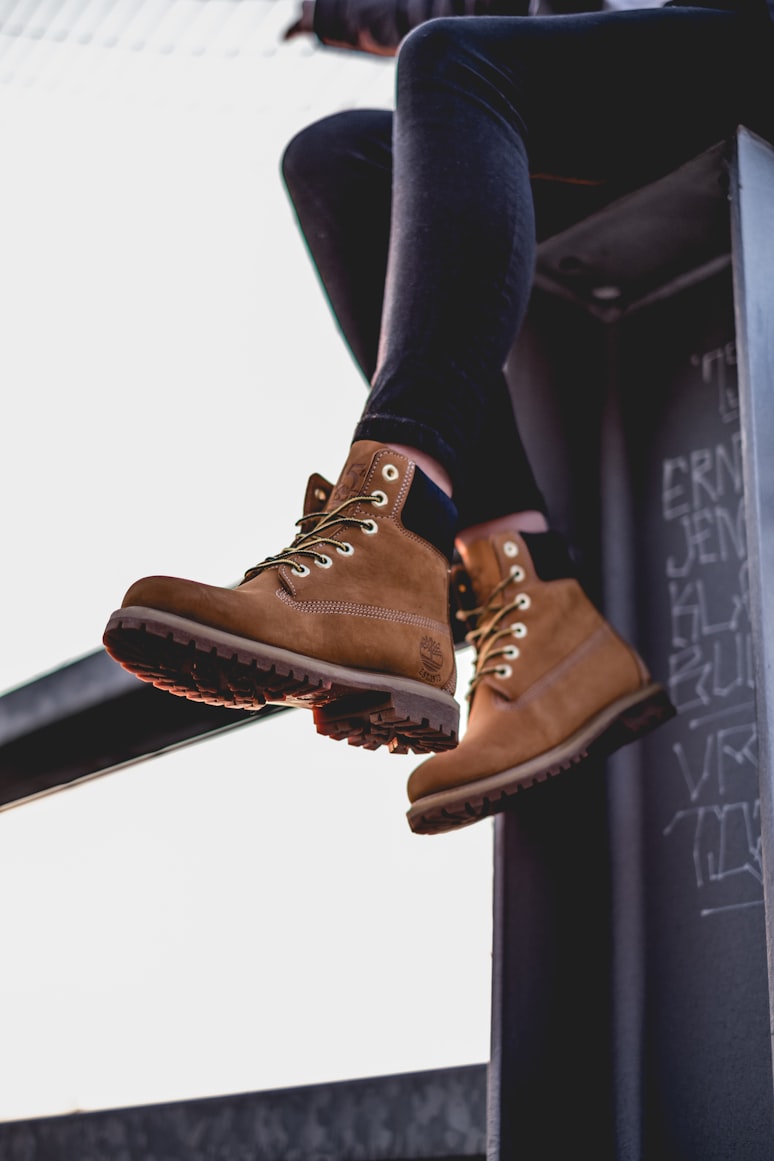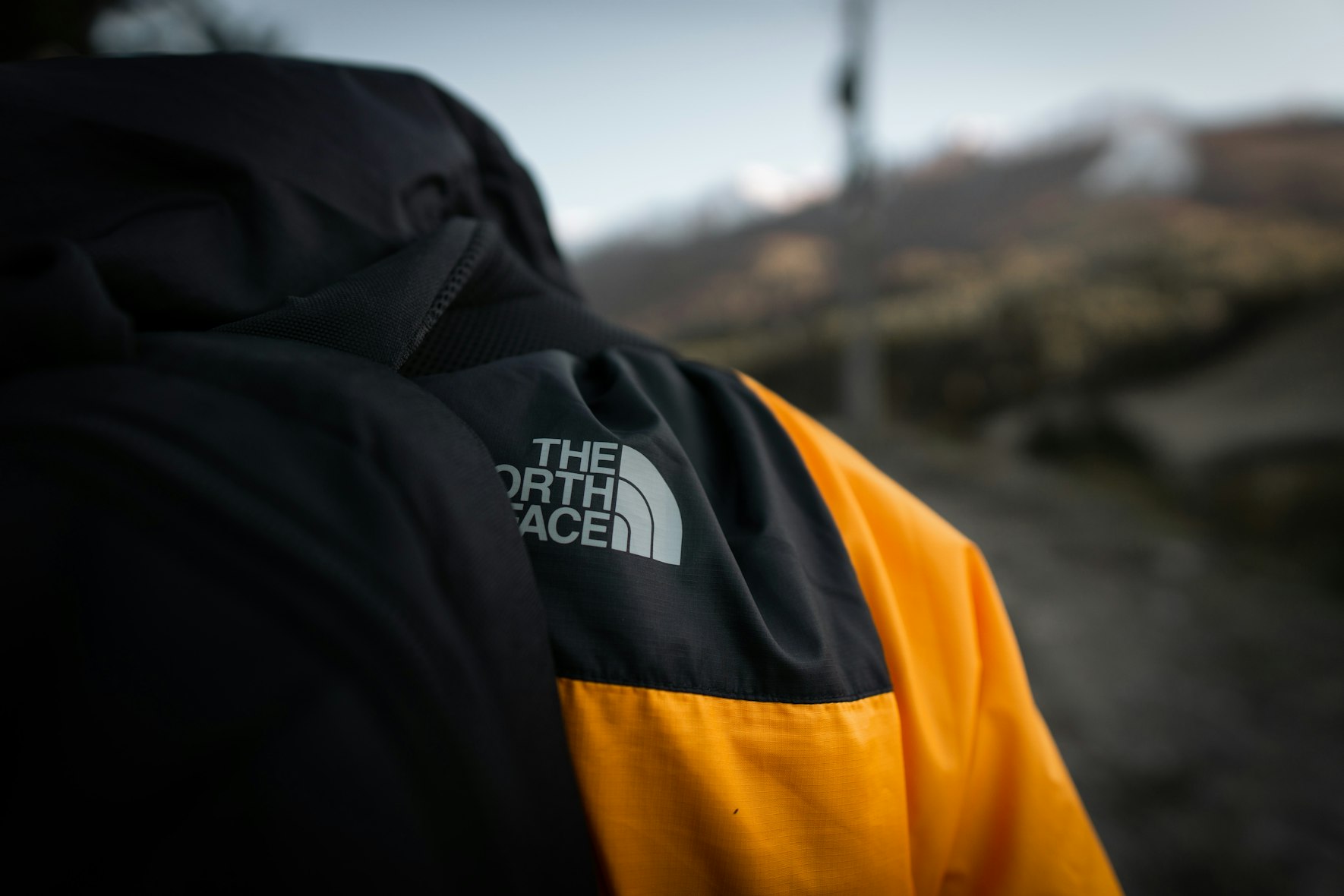Reselling has always existed, but recently this type of practice has been expanded and perfected in various sectors, such as luxury brands that, far from considering these new trends as an enemy, see them as an opportunity, showing that their products are of high quality and long-lasting, in addition to being able to acquire products that are no longer on the market, sold-out collaborations, collectors' items or limited or vintage editions.
RealReal specializes in the buying and selling of pre-owned luxury goods, including clothing and accessories. Founded in 2011 by Julie Wainwright, the company offers handbags and clothing brands. After Burberry and Stella McCartney, other brands such as Chanel and Gucci later joined this platform, showing that major fashion houses are increasingly adopting the sustainable fashion model. RealReal attracts the market of millennials or younger to enter the world of luxury fashion by purchasing quality items and, in many cases, at a low price
The circular economy has started to become part of the everyday life of major fashion brands. This trend, which could represent a business of 500,000 million euros over the next few years, 25% of the sector's market share, has taken on a new impetus motivated by new customer demands.
According to a Capgemini report, 79% of consumers of the main fashion brands are already changing their purchasing preferences based on factors such as social responsibility, environmental impact, or the weight of the circular economy in the sector's companies.
The Big Labels that are Embracing Circularity
Timberland
Timberland is the first of the fashion brands on this list for being one of the latest to join the circular economy trend. On January 10, the company announced the launch of Timberloop, a program that seeks to encourage consumers to turn in their used products to use the materials in the manufacture of new garments.
In exchange, the company offers a 10% discount on future purchases to its customers, which is a benefit for both parties. With this measure, Timberland is working to ensure that by 2030, 100% of its garments will be designed to adapt completely to the circular economy.
Puma
Puma is another of the big fashion brands that are turning towards the circular economy. The sports brand has already achieved that 100% of its 2020 collection has been manufactured with sustainable materials.
The German company has developed a technology that makes it possible to recycle sportswear with patches and embroidery, which previously prevented this process. The Re:Jersey line will consist of 75% recycled soccer jerseys.
As Puma explains, the Re:Jersey recycling process involves breaking down the garments through a chemical treatment that reduces them to their main components, a phase known as depolymerization. The colors of the fibers are then filtered out and the material is re-bonded through a chemical process to create a yarn that has the same characteristics as virgin polyester. Puma soccer kits are already made from 100% recycled polyester.
The North Face
The North Face brand of coats and mountain clothing has been committed to the circular economy for several years, through two main lines. On the one hand, they have a program of renovation and sale of their garments, at prices much lower than those of their first-hand collections; and, on the other hand, through the design of new garments made with the fabrics of other used items.
In 2018, The North Face partnered with the Renewal Workshop to create the Renewed platform, in which the company collected old clothing from customers, repaired it to like-new condition, and then resold it. In 2019, training began for the design team to learn about the full life cycle of a garment by spending time in the workshop.
During 2020, a rotating group of four to five North Face designers will attend the program every six months. The Renovation Workshop will teach these designers the principles of circular design, and the designers will have the opportunity to interact with products that have worn out and are even irreparable. This is supposed to help designers consider how to make clothing that is more durable and generate ideas on how to repair or reuse used clothing.
Stella McCartney
From independent designers such as Stella McCartney to brands such as Hermès, brands have embarked on the road to circular fashion, a regenerative system in which clothing can be reused in every sense.
McCartney, championing the use of non-animal materials in its collections, is part of the Make Fashion Circular initiative and is Cradle to Cradle Certified, a scoring system for brands for their commitment to the circular economy. Its collections are gradually unleashing innovative ways to reuse materials, including recycled nylon and polyester and regenerated cashmere.
The brand supports restorative agricultural practices to ensure the regeneration of natural sources used to make clothing and accessories. For example, by sourcing viscose from sustainably managed forests in Sweden and using certified organic cotton, as well as partnering with RealReal.
Balenciaga
Betting on second-hand fashion and, Balenciaga launched its own resale program. Following in the footsteps of other Kering Group companies such as Gucci and Alexander McQueen, Balenciaga has decided to enter the second-hand market. With the firm intention of becoming a fully sustainable brand in the near future, the fashion house has launched its own fashion resale program with the help of the technology company Reflaunt, which aims to implement circular models within the sector.
Under the name Re-Sell Program, Balenciaga's new initiative offers its customers the possibility of giving a second life to the brand's garments or accessories they have in their closet. In exchange, the maison offers two ways, the possibility of financially compensating the customer through a bank transfer or a credit voucher at the Balenciaga store, the latter option being valued at 20% more. According to the brand, it’s designed to encourage the practices of reduction, reuse and recycling and reward customers for their participation.

